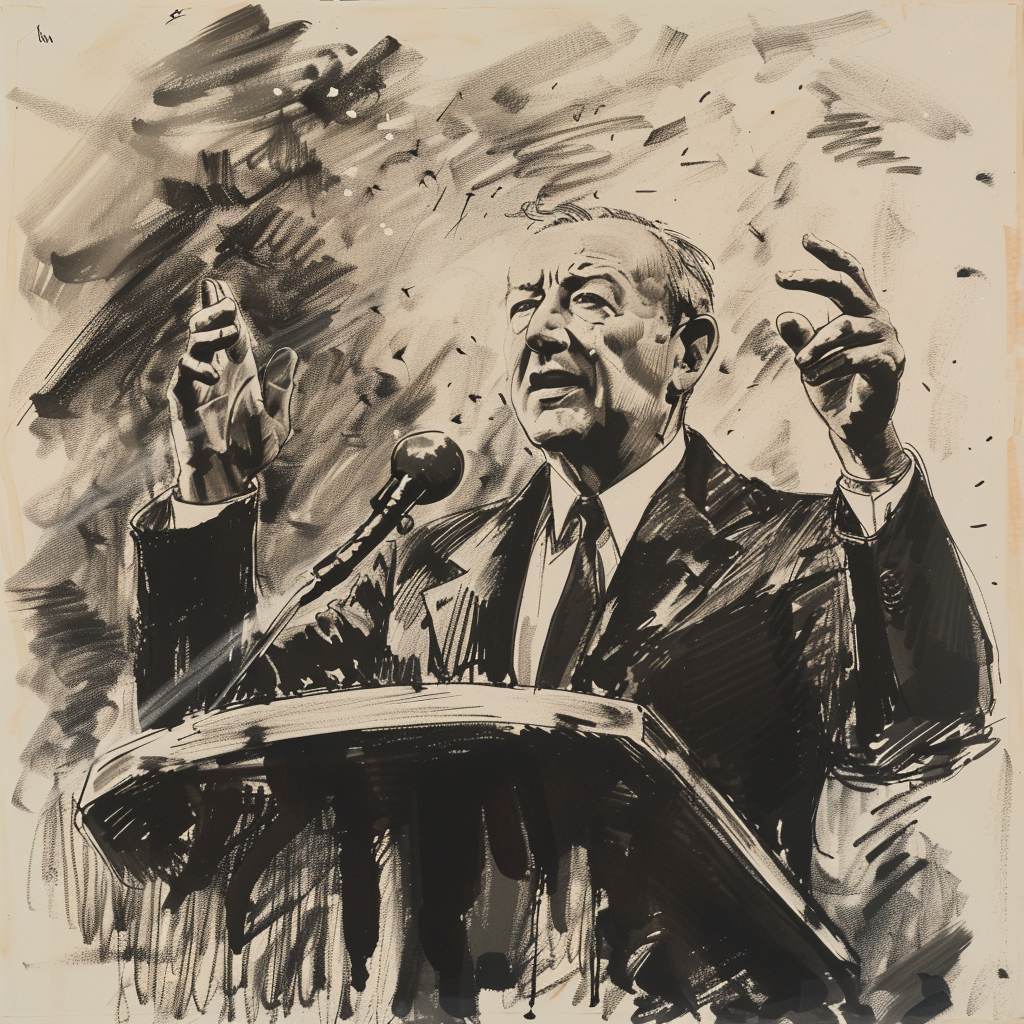The postwar admonition ‘Never again should a German pick up a rifle’ had long been smoke and mirrors. The danger was enormous that a mistake or a false alarm could turn all of Europe into an atomic desert in minutes.
This post has been moved. Please follow us on Medium to read and/or listen (!) to it in full.
The Bright Side of the Doom, a Prequel to 1984, The 18-Year-Old Who Wrote a Note and Disappeared is now available worldwide in bookstores as a hardcover, paperback, and e-book‼️
